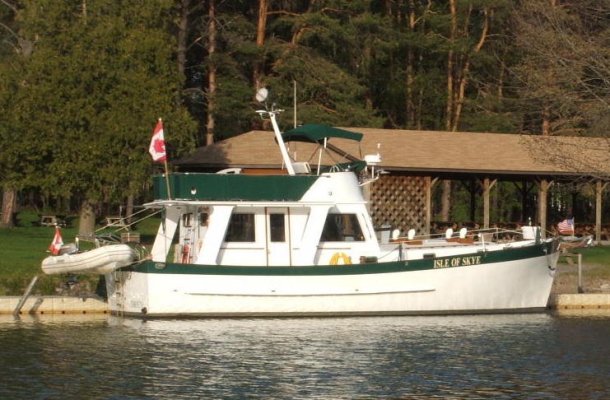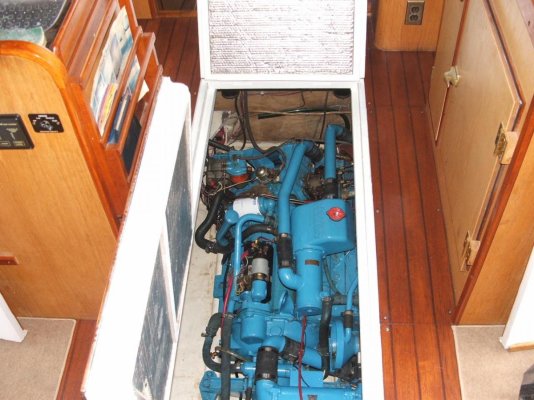Google "how turbos work", and read Keith's post.
Fletcher, Did that, but I understand how turbos work, and there are many variations. Forgive me, but my experience is with aircraft, but the concept is the same.
When you push the air back into the cylinder, it still needs fuel to burn. Like I said there is no free lunch, but they can be more efficient from what I read, but I'm still skeptical that it's worth it. There is also an effort to spin that turbo, but not much and back pressures and other factors come into play.
As far as burning cleaner or more efficiency, the turbo would not necessarily do that. Clean burning and not wasting extra full is just having the correct stoichiometric mixture in the cylinder for burning. Also affecting that is timing. In some cases a variable timing device is used, but I don't know that there's any timing at all in a diesel, suspect it's built into the engine and not adjustable.
And, there is maintenance, and there can be issues. Look at Xsbank's experience with a turbo failure in his plane, that could be deadly. And this can happen in a boat, too. Fortunately, this is rare with good maintenance, but a cracked case could be hard to predict.
It's just one more thing to break.
But, I'll agree, lots of folks like them and a lot are produce.
Doesn't make me want to have them. My first choice is without, but may not have a choice.
Still learning about Marine diesels......




